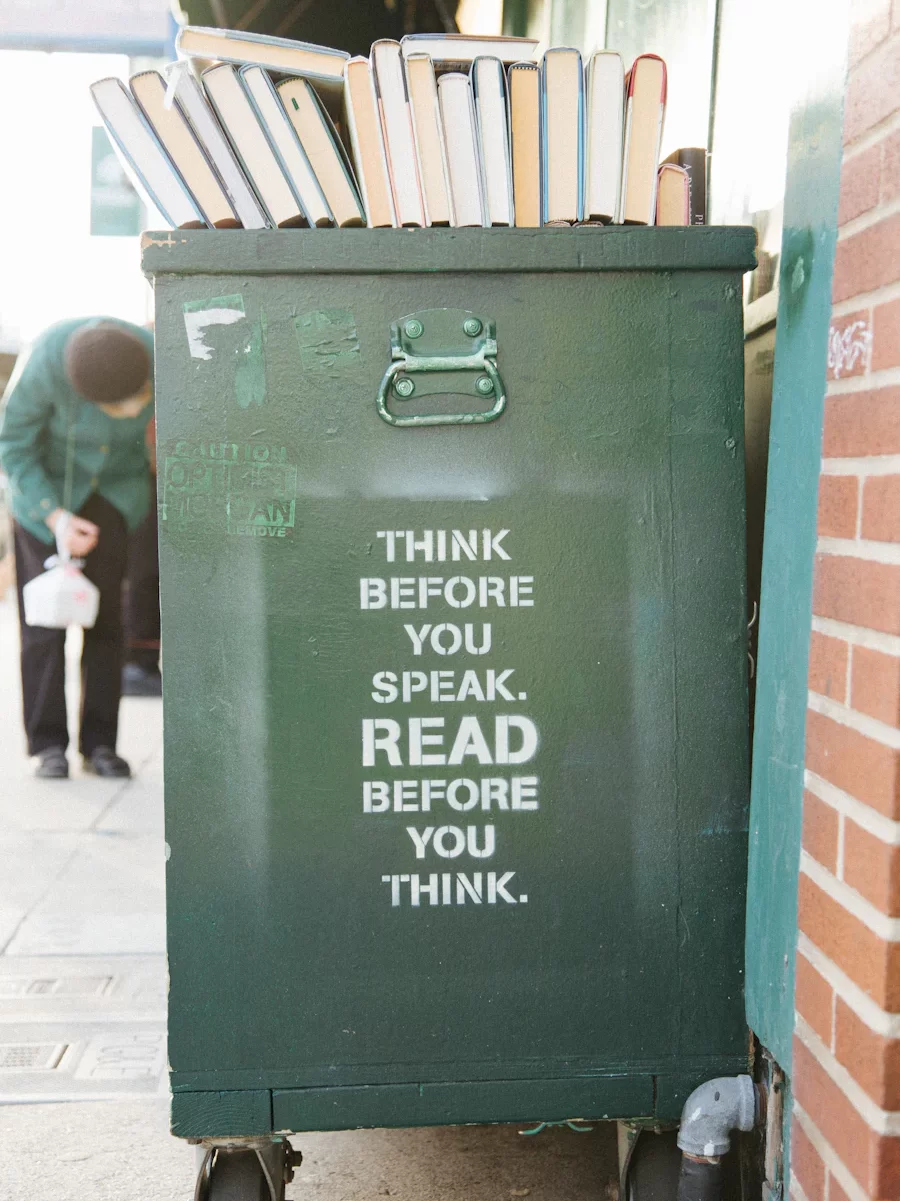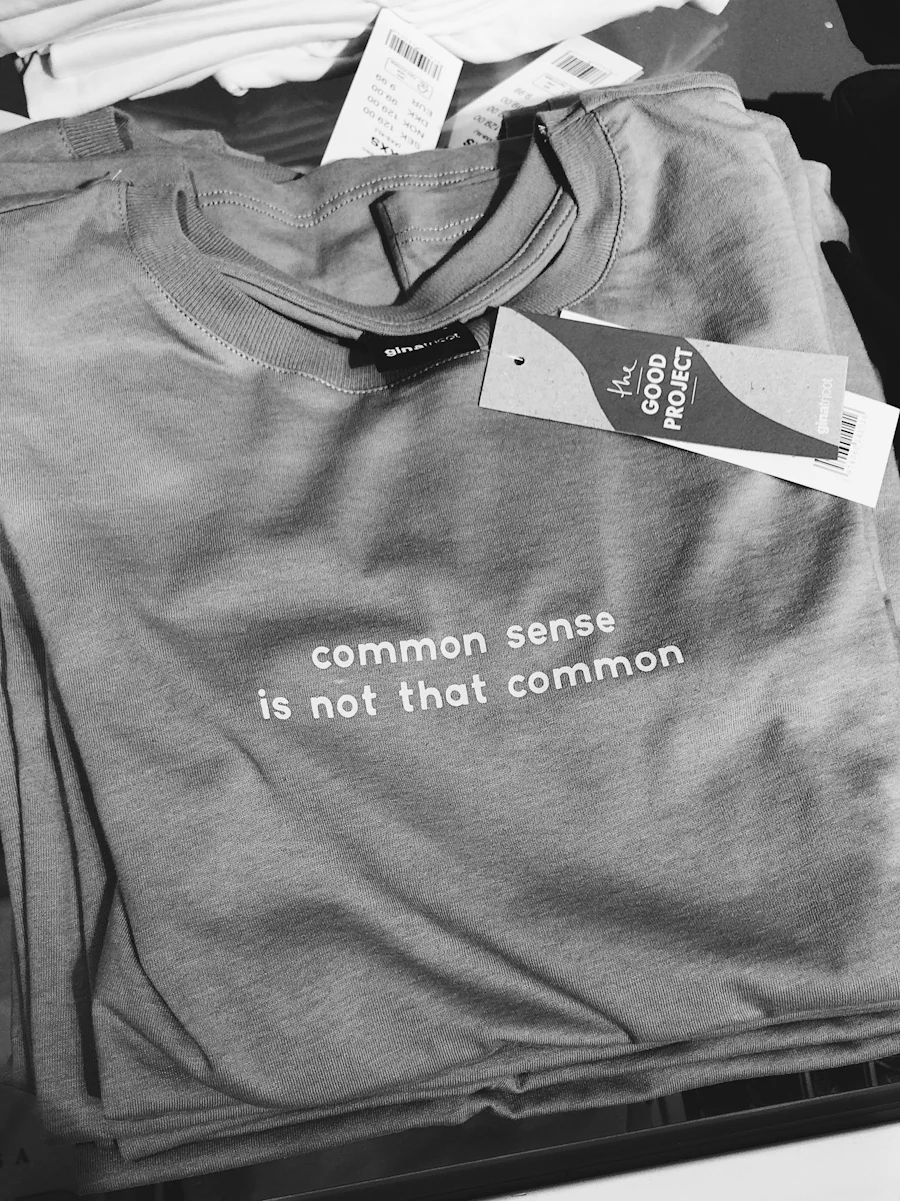Common sense. It’s that elusive quality everyone thinks they have, but often seems in short supply. Why is it so hard to have common sense? How does it affect our daily lives? And why do many people disregard it in favour of unusual answers? Let’s dive in with a fun and light-hearted look at this everyday enigma.
What is Common Sense?
Common sense is the ability to make sound judgments based on simple perception of the situation or facts. It’s the kind of wisdom that doesn’t require specialized knowledge. Think of it as the mental equivalent of knowing not to touch a hot stove.
Why is Common Sense Hard to Find?
- Experience Matters: Common sense is built on experience. If you haven’t encountered a situation before, you might not know the sensible thing to do.
- Overthinking: Sometimes, we overcomplicate things. Overthinking can cloud our judgment and make us miss the obvious.
- Emotional Influence: Emotions can override logic. When we’re stressed or excited, our common sense can take a backseat.
How Does It Affect Our Daily Lives?
Common sense impacts our daily decisions, from the mundane to the significant. Here’s how:
- Problem-Solving: It helps us navigate everyday problems efficiently. For example, if your car won’t start, common sense tells you to check the fuel before calling a mechanic.
- Social Interactions: It aids in understanding social cues and behaving appropriately. Knowing not to interrupt someone speaking is common sense that fosters good communication.
- Safety: It keeps us safe. Simple actions like looking both ways before crossing the street are rooted in common sense.
Why Do People Disregard Common Sense?
- Seeking Novelty: People love new and unusual answers. It’s more exciting to think there’s a complex solution to a problem than a simple one.
- Misinformation: In the age of the internet, misinformation spreads quickly. People might disregard common sense because they’ve been misled by false information.
- Overconfidence: Some people overestimate their knowledge and underestimate the complexity of situations, leading them to ignore common sense

How we can improve our common sense through daily experiences ?
Exercising Your Common Sense Muscle
We often take common sense for granted, assuming it’s an innate quality that some people simply have more of than others. However, the truth is that common sense is a skill that can be developed and strengthened through practice, just like a muscle. By being more mindful in our daily lives and reflecting on our experiences, we can all improve our ability to make sound, practical judgments. Here’s how:
Pay Attention to Your Routines
One of the best ways to build common sense is to examine your existing routines and habits with a critical eye. As suggests, take some time to write out your typical daily activities – from your sleep schedule and meals to household chores and hygiene. Identify areas where you could apply more “common sense” by making simple adjustments that align with practical thinking. For example, packing a lunch to save money or going to bed earlier to get sufficient rest. Making these small common sense changes can have a compounding effect.
Practice Rapid Cognition
Common sense often requires us to size up situations quickly and respond with good judgment. To develop this “rapid cognition,” recommends practicing by observing people’s body language and reactions. See if you can deduce how they are feeling and what the appropriate response would be based on subtle cues. This can train your brain to process information faster and make better real-time decisions.
Seek New Experiences
Stepping out of your comfort zone is key to expanding your common sense, according to . Go on “adventures” by hiking new trails, traveling to unfamiliar places, or taking a class in an entirely new subject. Exposing yourself to novel situations forces you to adapt and think critically about appropriate responses. Common sense is about doing “what obviously needs doing” based on expertise – the more varied experiences you have, the more your expertise will grow.
Learn from Mistakes
Perhaps the most effective way to build common sense is to embrace your mistakes as learning opportunities. Whenever you find yourself in a situation where you didn’t apply common sense, take a moment to reflect on what went wrong and how you could have responded better . This self-awareness and willingness to course-correct is essential for developing better judgment over time.
Seek Out Wisdom
Finally, don’t be afraid to ask for feedback and advice from others who demonstrate strong common sense skills. As notes, gather input from peers, mentors, or bosses you respect on how they would handle certain situations. You can learn a lot by observing and discussing practical decision-making with those further along the common sense path.
The key is to approach common sense as a lifelong practice of mindfulness, rapid analysis, and continual learning from your experiences. What may seem like “genius in working clothes” is simply the product of exercising this very human skill on a daily basis. With patience and dedication, better common sense can become a common practice for us all.



